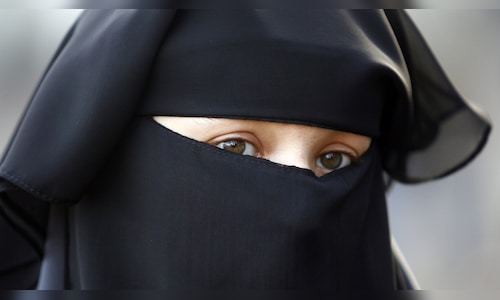
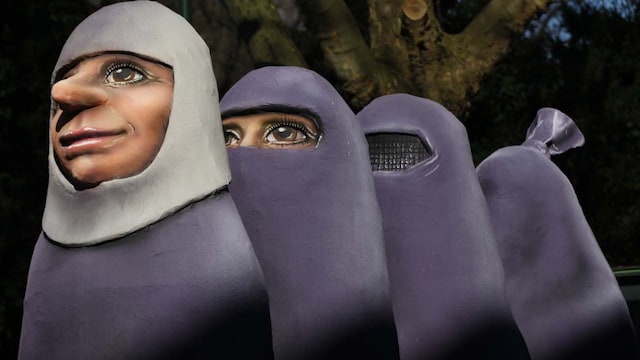
Switzerland officially banned burqas, hijabs and other face coverings in public from January 1. Swiss voters in a 2021 referendum approved forbidding hijabs and burqas. The Lower House of Parliament in September 2023 cemented the ban into federal law and set a fine of up to 1,000 francs (about $1,100) for violators. Several countries in Europe have implemented partial or a complete ban on burqas, the traditional clothing worn by Muslim women. The ban has been implemented primarily citing security concerns, social integration, and to promote gender equality. (Image: Reuters)
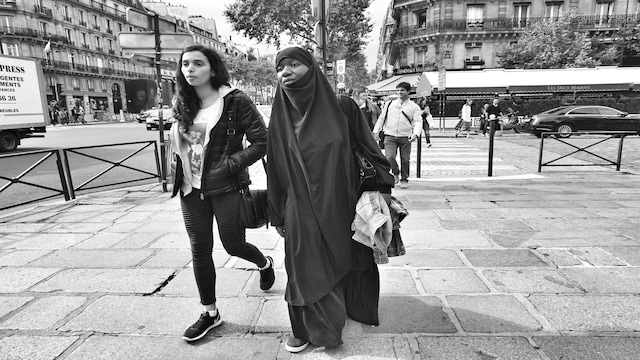
1. France | The government of France introduced a strict ban on religious signs in state schools and government buildings, arguing that they violate secular laws. France banned the wearing of face-covering headgear in public spaces in 2011, including the burqa, which is a full-body covering that covers the face. The wearing of Islamic veils in public has been a controversial topic in other European countries. France banned wearing a full face veil in public in 2011 while the Netherlands, Denmark, Austria and Bulgaria have put in place full or partial bans on wearing face coverings in public.
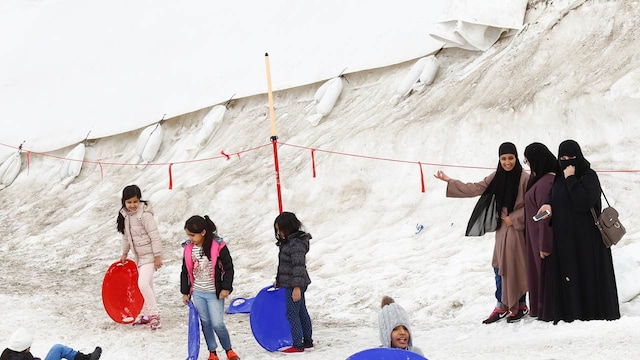
2. Country: Austria | The European nation has banned burqa to ensure security and promote integration, arguing that full-face coverings hinder communication and social cohesion. The government emphasizes the importance of secularism, aiming to prevent religious symbols from dominating public spaces. This ban reflects Austria’s commitment to protecting gender equality and promoting societal integration. (Image: Reuters)
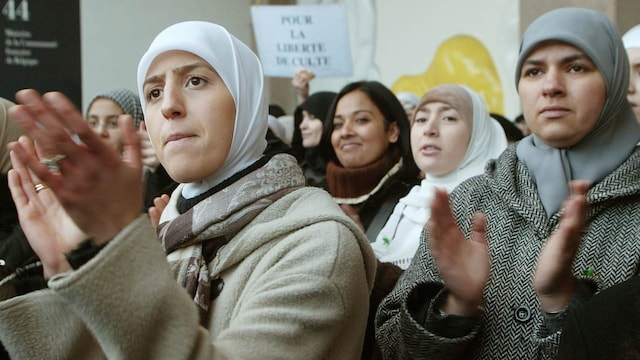
3. Country: Belgium | Brussels introduced a burqa ban, citing concerns over public safety and social integration. The law aims to facilitate communication and prevent individuals from concealing their identities in public spaces. Belgian authorities argue that such measures are essential for ensuring the full participation of all citizens in society. (Image: Reuters)
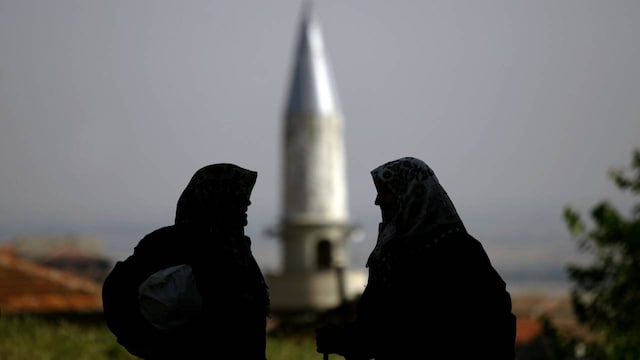
4. Country: Bulgaria | The country implemented a partial ban on burqas, primarily focusing on public spaces, with the justification of promoting social cohesion and security. The government believes that face coverings hinder integration into the broader Bulgarian society. It aims to preserve cultural values and maintain a sense of national identity, rather than religious identity. (Image: Reuters)
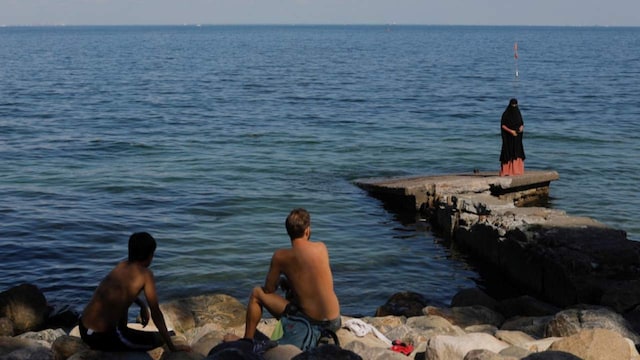
5. Country: Denmark | The Nordic country banned burqas, over the need to protect public safety and promote integration within a multicultural society. The law focuses on making individuals identifiable in public spaces for security reasons. Additionally, Denmark sees the ban as a step towards ensuring gender equality and secularism. (Image: Reuters)
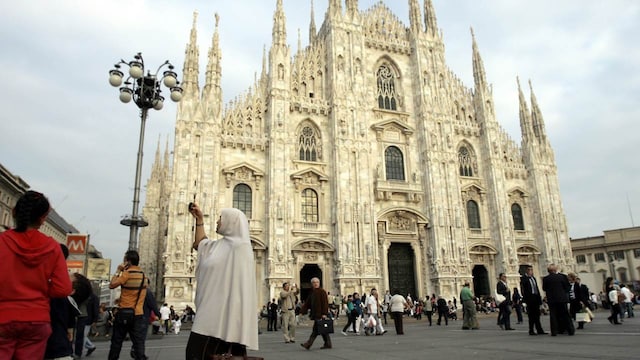
6. Country: Italy | Italy introduced a ban on burqas in certain areas, to foster integration and uphold public safety. Local authorities argued that face coverings prevent effective communication and hinder social participation. The law reflects Italy’s broader efforts to balance cultural diversity with social bonding. (Image: Reuters)
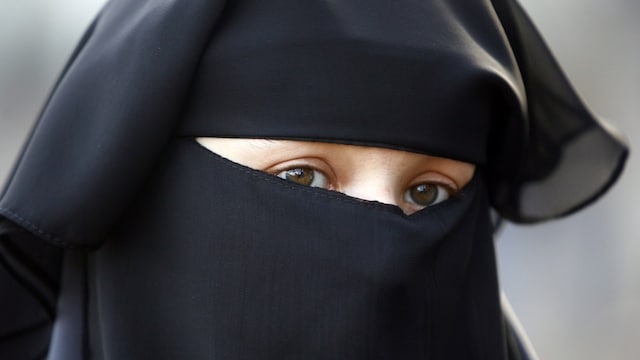
7. Country: The Netherlands | Holland banned face coverings, such as the burqa, in public places over security concerns and social integration. The then government believed that such bans foster better communication and a sense of unity among citizens. The law aligns with the country’s efforts to reinforce secularism and gender equality in public life. (Image: Reuters)
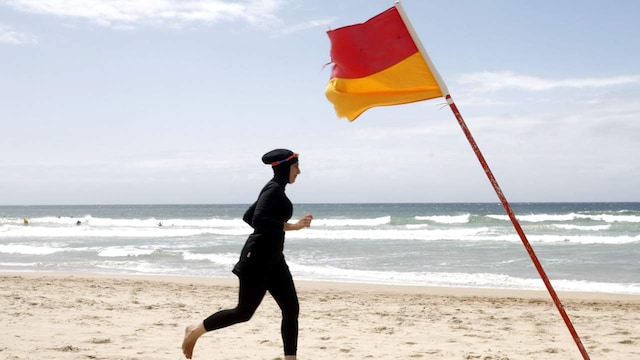
8. Country: Spain | Madrid banned the burqa in some parts of Catalonia, citing the need for security and promotion of gender equality. Local governments believe that face coverings prevent identification and obstruct integration into Spanish society. The ban also aims to challenge traditional gender roles and promote secular values. (Image: Reuters)
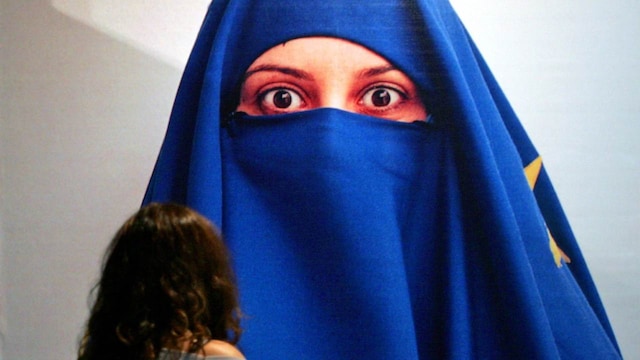
9. Country: Germany | The Western European country has seen a divided approach to burqas and hijabs, with some states implementing partial bans in schools and public spaces to enhance security and communication. While some regions view such bans as necessary for integration and societal cohesion, others fear that they could isolate certain communities and hinder social inclusion. The debate continues as Germany grapples with balancing cultural diversity and national identity. (Image: Reuters)
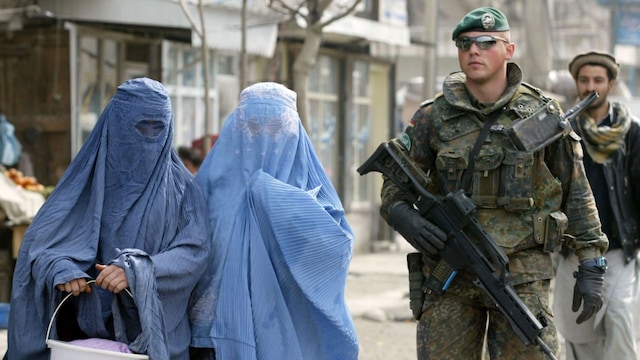
10. Country: Germany | Although Germany has a divided stance on burqas and abayas, certain states in the country have banned them in schools and public places to ensure effective communication and maintain security. Similarly, the Netherlands and Bulgaria have implemented partial restrictions on face coverings in public spaces, stating that they impede social integration and undermine the principle of equality between genders. In some countries, the burqa ban is seen as a measure to uphold secularism and ensure that individuals fully participate in civic life without religious symbols interfering in public spaces. Here’s a look at the countries that have banned burqas and certain religious clothing in public. (Image: Reuters)



